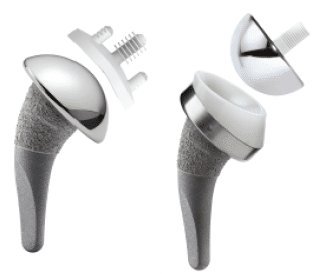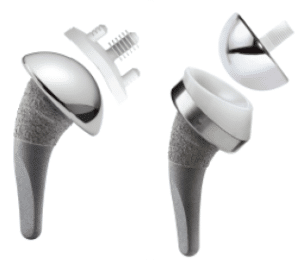What Is Platelet Rich Plasma (PRP) Therapy?
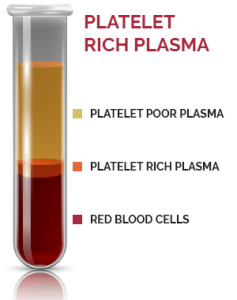 What is platelet rich plasma (PRP) therapy?
What is platelet rich plasma (PRP) therapy?
Platelet rich plasma is an emerging technology. This means that it is a new medical technology that is gaining acceptance in the medical world. As more research comes out, we have more information about how platelet rich plasma helps patients.
What is the “treatment gap”?
The treatment gap refers to the fact that for many orthopedic conditions, there is not a good “middle” treatment. Consider rotator cuff tears, bursitis, biceps tendinitis, impingement syndrome, tendinitis of the elbow, or arthritis of the shoulder. On one side there are non-surgery options. These are watchful waiting, physical therapy, chiropractic care, injections with steroid, oral medicines and anti-inflammatories.
On the other side of the treatment gap are more invasive surgical options. These are good options but may not be right for all patients. There is risk to surgery, it requires time away from work, and can be expensive.
Some patients are in the middle. They try all non-surgery options, but these do not provide real or lasting relief from pain. But they are also not able to have surgery either.
This is where Platelet Rich Plasma (PRP) steps in.
Platelet rich plasma therapy can “fill the treatment gap.” Platelet rich plasma is a substance made from your own blood containing a very high level of platelets. Platelets contain many special proteins that can cause a healing process where they are injected.
To make platelet rich plasma, a nurse will draw a sample of blood. Special equipment brings out the platelet rich part. It is then injected either into a joint or other problem area under ultrasound guidance.
All of the special proteins in the platelets send signals to the body. This begins a healing response. After a period of 2 to 4 weeks, patients experience relief from their pain which previously did not respond to other options.
The Bone & Joint Surgery Clinic offers the most advanced non-surgical regenerative options for your pain. Dr. Johnny T. Nelson MD applies advanced ultrasound techniques to ensure proper application of your platelet rich plasma therapy.
Do you want to learn more about platelet rich plasma therapy and orthobiologics? Please call 919-872-5296 to make a visit with Dr. Johnny T. Nelson, MD. Dr. Nelson offers platelet rich plasma therapy for multiple orthopedic conditions.
What Is Platelet Rich Plasma (PRP) Therapy? Read More »


 How long do I have to wear a sling after rotator cuff repair?
How long do I have to wear a sling after rotator cuff repair?


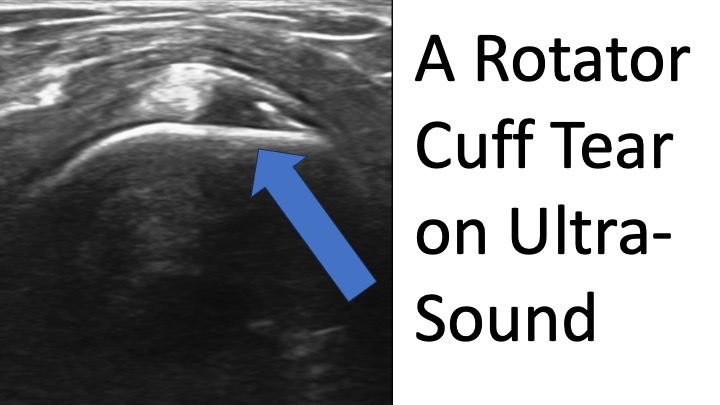
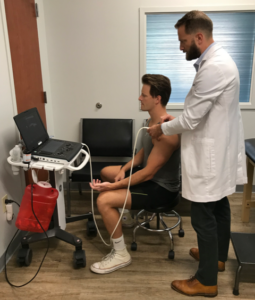 How do I Know If I Have a
How do I Know If I Have a 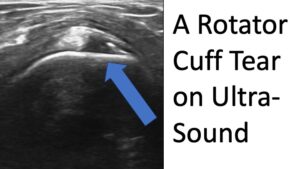 the bones, x-rays do not show us the health of the rotator cuff. Sometimes a specialist can get information on the health of the rotator cuff with a physical exam, but still rotator cuff tears can be missed. In-office ultrasound helps shoulder specialist such as Dr. Johnny T. Nelson see rotator cuff tears quickly and easily. Furthermore, ultrasound gives you and Dr. Nelson peace of mind that you do not have a rotator cuff tear, and performing simple nonsurgical treatment is probably the best way to go.
the bones, x-rays do not show us the health of the rotator cuff. Sometimes a specialist can get information on the health of the rotator cuff with a physical exam, but still rotator cuff tears can be missed. In-office ultrasound helps shoulder specialist such as Dr. Johnny T. Nelson see rotator cuff tears quickly and easily. Furthermore, ultrasound gives you and Dr. Nelson peace of mind that you do not have a rotator cuff tear, and performing simple nonsurgical treatment is probably the best way to go.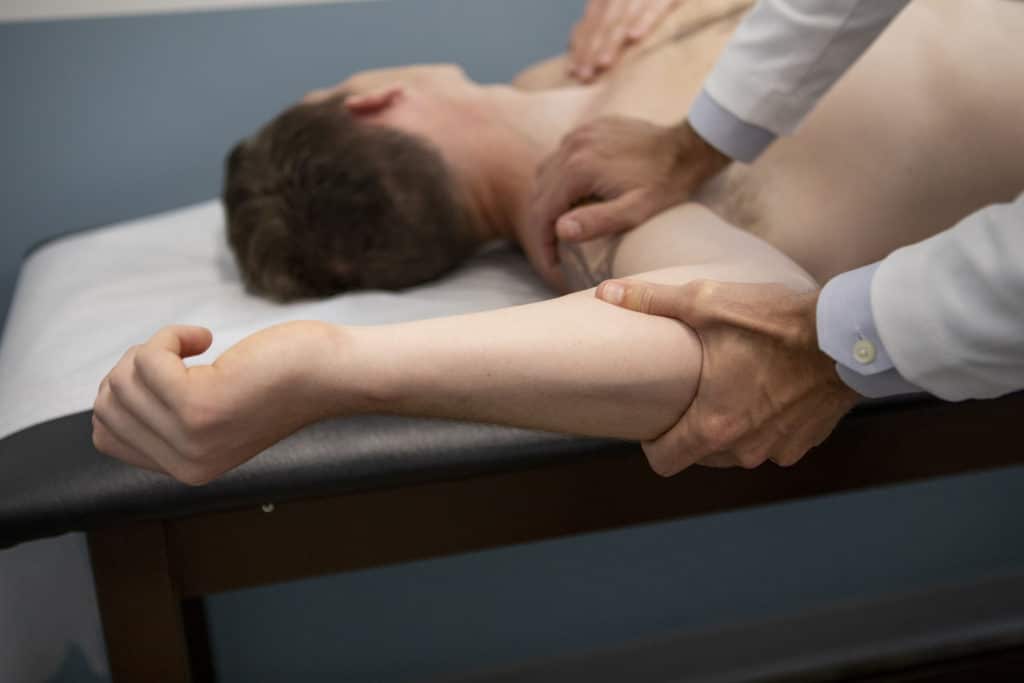
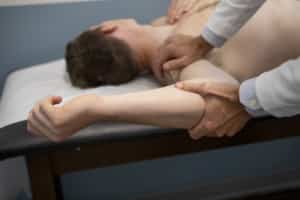 I injured my shoulder!
I injured my shoulder!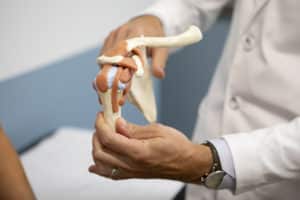 le to focus on more basic exercises to rebuild shoulder health, such as strengthening the rotator cuff muscles, stretching out the shoulder blades, and working on posture and core strengthening. This also allows for time for a proper workup to rule out more serious causes of pain (for example, rotator cuff tears).
le to focus on more basic exercises to rebuild shoulder health, such as strengthening the rotator cuff muscles, stretching out the shoulder blades, and working on posture and core strengthening. This also allows for time for a proper workup to rule out more serious causes of pain (for example, rotator cuff tears).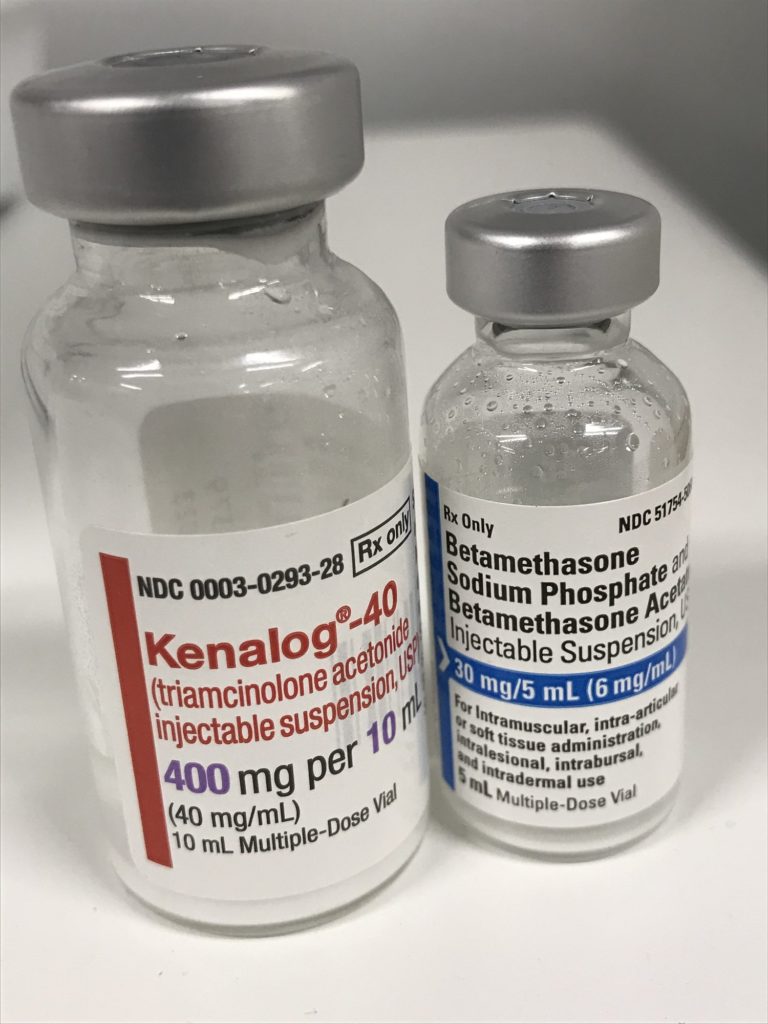
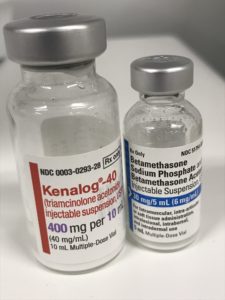
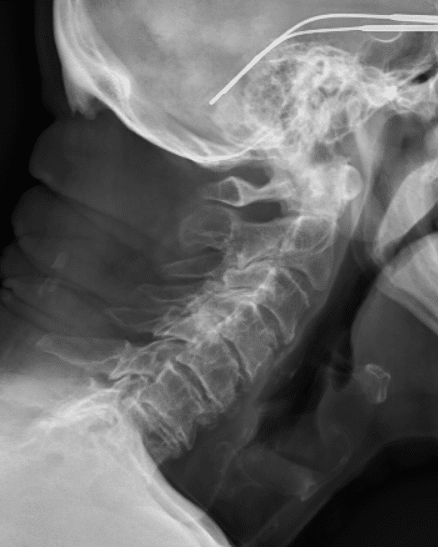
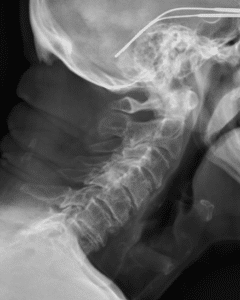
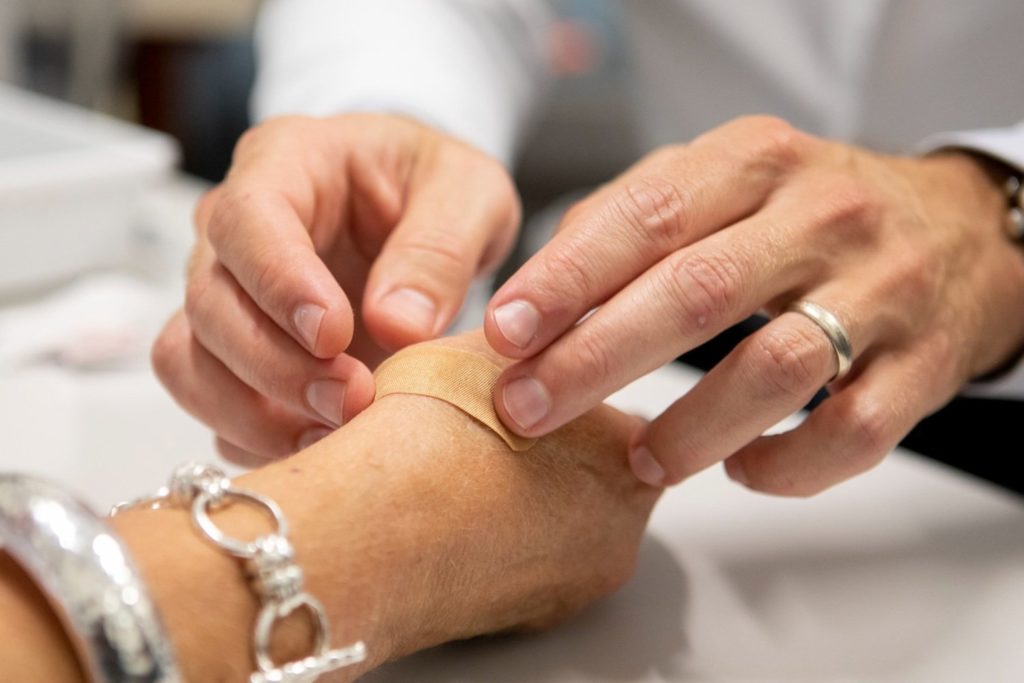
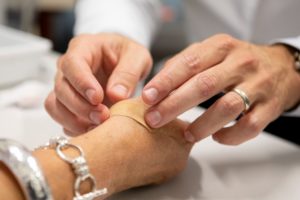 Will injections fix my shoulder, elbow, or hand problem?
Will injections fix my shoulder, elbow, or hand problem?